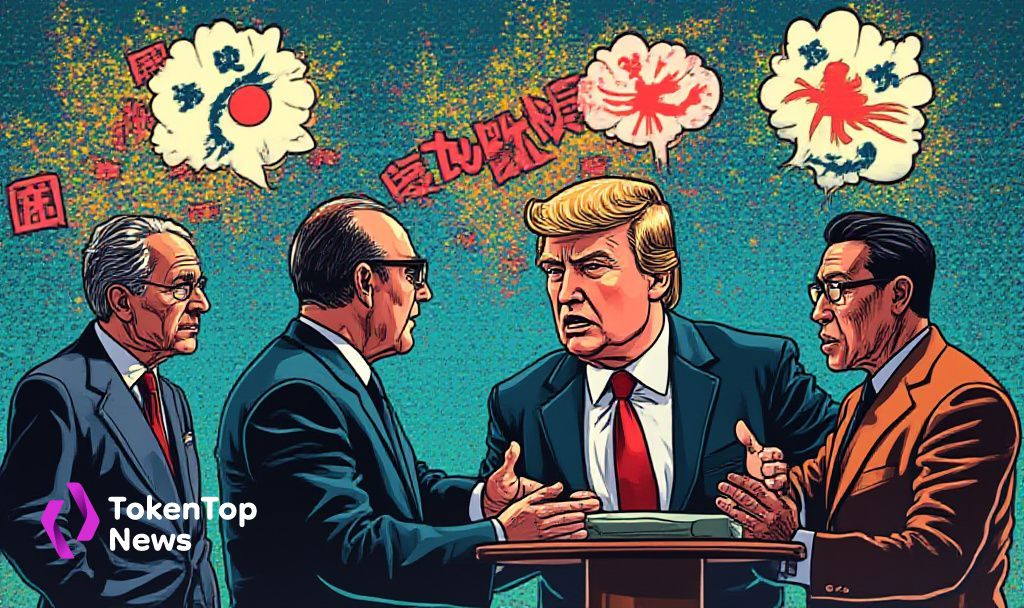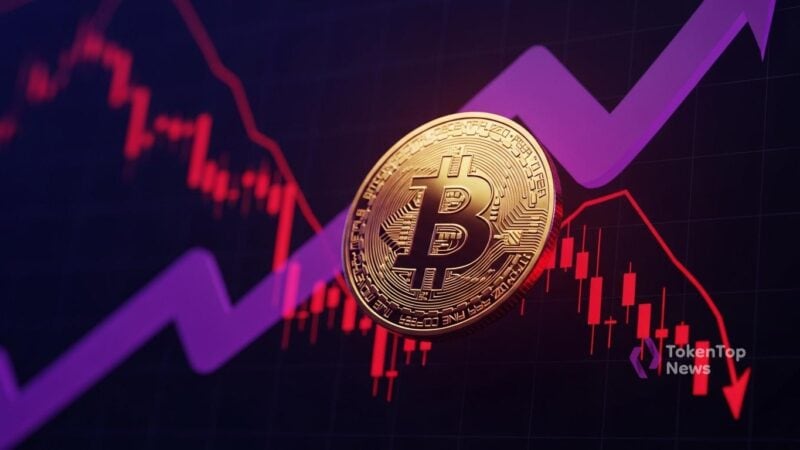Trump Administration Targets Japan, South Korea, and Vietnam for Trade Talks
- Trade negotiations led by Trump’s administration, focusing on Japan, South Korea, and Vietnam.
- Impact on global trade dynamics through tariff reassessments.
- Potential shifts in U.S.-Asia economic relations and market responses.

The Trump administration has identified Japan, South Korea, and Vietnam as priority countries for trade negotiations, seeking revised agreements. This initiative signals the administration’s focus on reshaping U.S. trade policy with these nations.
The focus on Japan, South Korea, and Vietnam in trade deals highlights ongoing U.S. efforts to redefine international economic relations. The lack of immediate repercussions leaves markets and industry players uncertain about future developments.
The Trump administration is focusing on renegotiating trade agreements with over 20 countries, prioritizing Japan, South Korea, and Vietnam for new solutions. Led by President Trump and his trade advisors, the aim is for targeted countries to propose concessions.
Japan’s chief trade negotiator, Ryosei Akazawa, emphasized a desire to reassess U.S. tariffs, highlighting tensions. He stated, “We’ll continue to seek a rethink of the string of tariff measures from the US,” in response to the new negotiation priorities and U.S.-imposed tariffs.
The U.S. Trade Representative’s office leads the charge on identifying these key targets amid ongoing economic shifts. The effects on affected nations and markets remain speculative. Market participants grapple with potential volatility and liquidity concerns as diplomatic negotiations continue. This uncertainty has yet to produce clear financial outcomes or definitive impacts on core markets.
Financial implications hinge on the outcomes of negotiations, with potential macroeconomic shifts looming. The Federal Reserve remains vigilant, with Jerome Powell acknowledging the potential for “tariff shocks” but indicating monetary policy remains steady pending further developments.
Potential remains for cryptocurrencies to act as safe havens during macroeconomic shifts, but definitive links to crypto responses remain unclear. Speculation suggests fluctuating global policies could drive decentralized asset interest, although historical trends show inconsistent correlation.



